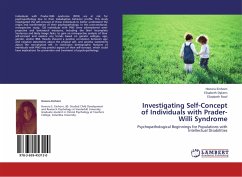Bereavement-related beliefs and attachment style are suggested to influence bereavement support provision and were examined across four studies. Two qualitative studies investigated perceptions of grief. Elements of the traditional stage model of grief were found relating to the need to work through and emotionally express grief. A quantitative questionnaire study examined the impact of hypothetical bereaved individuals attachment patterns on others beliefs regarding their grief response. Participants perceived certain grief responses more likely for bereaved individuals displaying different attachment patterns. The final quantitative study examined the impact of bereaved individuals and potential support providers attachment styles, on intention to provide support to hypothetical bereaved individuals, among community adults and professional support providers. Attachment style of both bereaved individual and potential support provider were found to influence participants willingness to interact and support hypothetical bereaved individuals. Differences in endorsement of traditional grief-beliefs, empathy, and attachment avoidance, between the samples were identified.
Bitte wählen Sie Ihr Anliegen aus.
Rechnungen
Retourenschein anfordern
Bestellstatus
Storno








